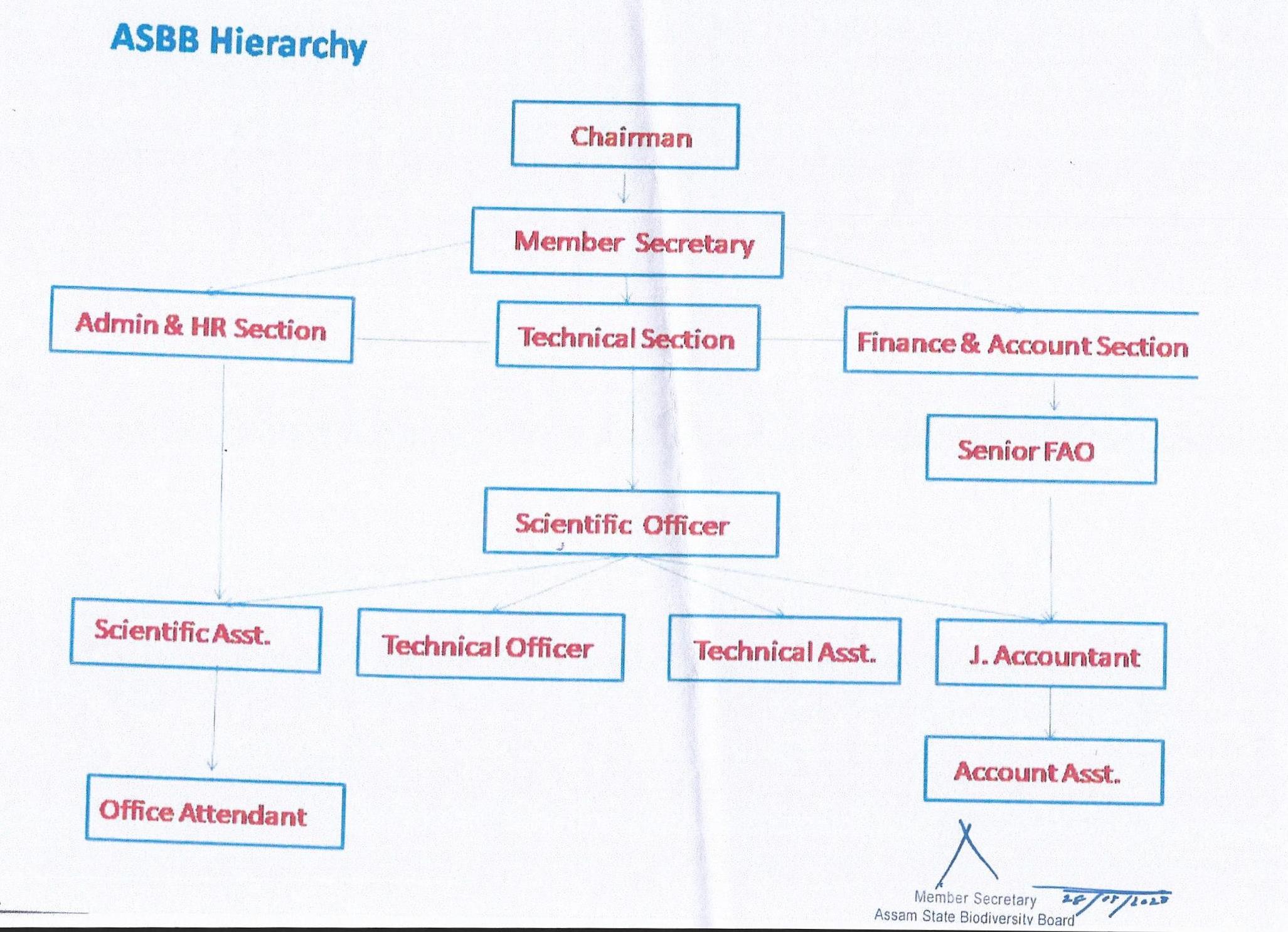Government of Assam
Biological diversity is the variability among living organisms from all sources including terrestrial, marine and other aquatic ecosystems and the ecological complexes of which they are part; this include diversity within species, between species and of ecosystems. In short, Biodiversity is the vast array of all the plants, animals, insects and micro-organisms inhabiting the earth either in the aquatic or terrestrial habitats. The human civilization depends directly or indirectly upon this biodiversity for their very basic needs of survival- food, fodder, fuel, fibre, fertilizer, timber, liquor, rubber, leather, medicines and several raw materials. This diversity is the condition for the long term sustainability of the environment, continuity of life on earth and the maintenance of its integrity. People are now aware of the fact that habitat degradation, loss of wild stock is association with loss of local traditional knowledge led to rapid degradation of biological resources all over the globe.
Thus, the growing concerns for depletion of overall biological diversity world-wide led to the establishment and adoption of the Convention on Biological Diversity (CBD) in 1992. This Convention recognizes the sovereign rights of the states over their biological resources. Taking the Convention’s provisions and to deal with management of our biological resources, Government of India has enacted the Biological Diversity Act, 2002. The Act provides for conservation of Biological Diversity, sustainable use of its components and fair and equitable sharing of the benefits arising out of the use of biological resources and knowledge. At the national level, National Biodiversity Authority (NBA) has been established to implement the Act with headquarters in Chennai (Tamil Nadu) under Sec. 8 of the Act. The State Biodiversity Boards (SBBs) are formed at state level and Biodiversity Management committees (BMC) are constituted by the local bodies to decentralize the implementation of the Act.
In exercise of powers conferred under sub-section (I) of Section 22 of the Biological Diversity Act, 2002 (Act 18 of 2003), the Government of Assam constituted the “Assam Biodiversity Board” on 29th September 2010 to promote biodiversity conservation in the State of Assam, sustainable use of its components and equitable sharing of benefits arising out of the use of biological resources of the state and traditional knowledge associated with these resources and matters incidental thereto or connected therewith. The headquarter of the Board is located at Guwahati. The state biodiversity rules were formed in 2010.
